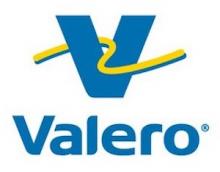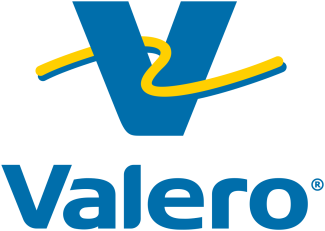
The Pembroke Refinery
Valero acquired the Pembroke refinery in South West Wales in 2011, marking Valero’s entry into the European refining market. Opened in 1964, the refinery is one of the largest, most complex refineries in Western Europe. It makes products including gasoline, diesel fuel, kerosene, liquefied petroleum gas (LPG) and petrochemical feed stocks.
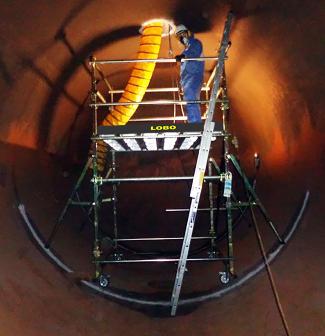
The Case Study
Within the refinery, scaffolding is used to provide access for preventative and reactive maintenance, inspection and operational tasks. For the last 30 years this been provided by an out sourced scaffolding company, and with rising labor costs continues to account for an ever-increasing expense year on year for Valero.
This has driven the site Refinery Services Department to completely review the scaffold and access requirements to identify safe and suitable lower cost alternative solutions to traditional scaffolding. During this research, the LOBO System was identified and a sample order, together with the approved training package, was purchased. Having received the LOBO System pilot order in 2013, a focus was placed to use it on all works, excluding the very high designed access applications.
Vessel Internal Work
The plan was to use the LOBO System for many of the jobs on routine maintenance that require working at height; it was estimated that as much as 75% of works needed a platform height of 4 metres or below. Other products or scaffolding would be used for the residual high applications.
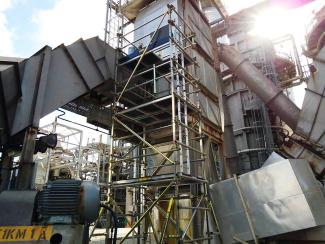
Routine Maintenance Access
The LOBO System can be assembled without the use of any tools in minutes, safely and to any shape or size and is not reliant on the scaffolding company to return and remove the systems after the maintenance task has been completed, which can increase hire costs. Valero continues to use several different access systems for maintenance around the Pembroke Refinery site. Scaffolding costs alone at Pembroke, are in the region of £300k a month and Valero has identified significant benefits in deploying the LOBO System since they first purchased in 2013.
Conclusion - Cost Saving
In 2014 the LOBO System was used for around 8% of the applications, this increased to 15% by 2015 and it is expected to rise to more than 20% in 2016.
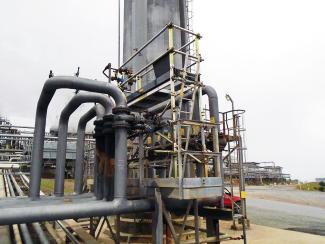
|
Annual Scaffolding Spend £3,600,000 |
Percentage of Jobs Performed by LOBO |
Annual Spend On LOBO |
Annual Saving |
|---|---|---|---|
| 2014 Actual | 8% | $170,000 | $288,000 |
| 2015 Actual | 15% | $30,000 | $540,000 |
| 2016 Actual | 20% | $23,000 | $720,000 |
| 2017 Actual | 25% | $43,000 | $900,000 |
| 2018 Actual | 40% | $81,000 | $1,440,000 |
| 2020 Actual | 45% | $39,000 | $1,620,000 |
| 2020 Actual | Refinery Outage | $214,000 | $2,620,000 |
|
Total 5 year spend/saving |
$600,000 | $8,128,000 |
As can be seen, by the figures, well over $1,500,000 of scaffolding costs were saved in the initial 3-year period from 2014 to 2016. With over $8,100,000 saved in the 7 years to the end of 2020.
Significant cost savings have been made at the refinery in terms of labour cost and the reduction of maintenance downtime. In house, maintenance crews can assemble the system quickly and safely around, under or above the plant, even in restricted areas. Maintenance tasks can be better controlled, and outsourced scaffolding labour costs can be significantly reduced without compromising safety.
